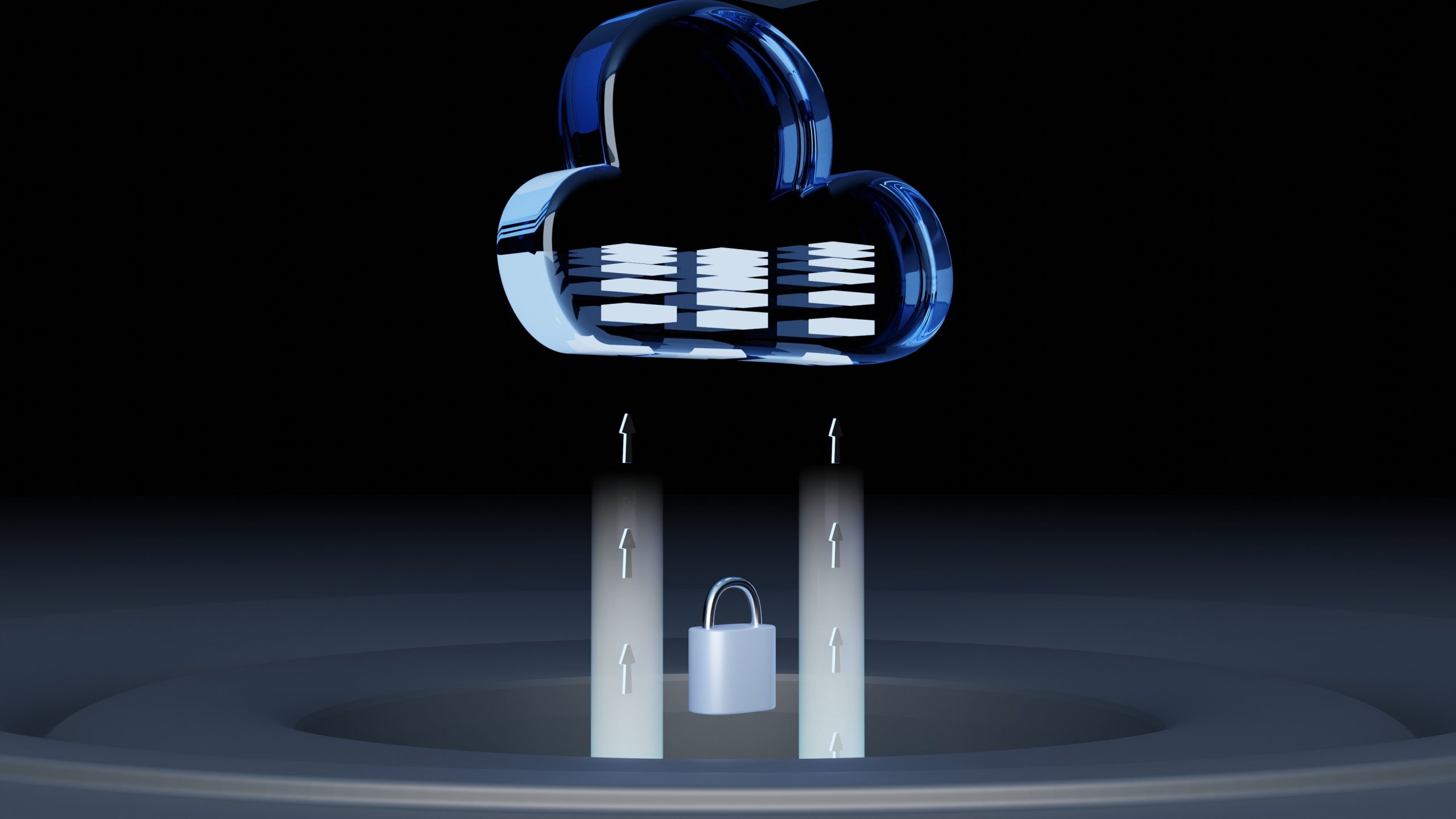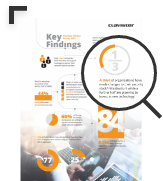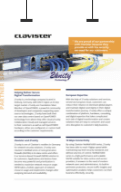What is security delivered as a cloud service and why is it important alongside your next-generation firewall (NGFW)?

Security delivered as a cloud service is a collection of security measures which are designed to protect cloud-based infrastructure, web applications and data.
Next-generation firewalls (NGFWs) are enhanced with several features which ensure protection against a multitude of cybersecurity threats. However, firewalls, including NGFWs, only protect network entry points. Due to remote working, employees work and access networks anywhere in the world and network areas have become much larger. Security delivered as a cloud service solutions have no network perimeter, so employee and company data can be protected anywhere in the world. Security delivered as a cloud service focuses on protecting data from user behaviour which could result in the loss of data.
Given the evolution of the digital landscape, cybersecurity threats have become more advanced and pose a greater danger than ever before. The movement of data to the cloud is also a concern for many businesses due to worries surrounding exposing sensitive information to cyber-attacks. Security delivered as a cloud service is built to protect sensitive and important data whilst also preventing data theft from cybersecurity hacks. The combination, therefore of security delivered as a cloud service solutions and next-generation firewalls are vital for businesses to protect both their networks and data as they continue their digital transformation.
Benefits of security delivered as a cloud
1. No passwords
Passwords have been at the forefront of cybersecurity for years, but they are proving to be inconvenient. As cybersecurity threats have become more frequent and dangerous, passwords have been required to be more complex and unique. However, this creates a challenge for employees, who often find it hard to remember passwords they have set, or they set “easy” passwords that are memorable, leaving company data vulnerable to cyber-attacks. So far in 2022, 81% of company data breaches were due to poor passwords. Passwords do not protect sensitive data adequately anymore.
The solution? No passwords. Earlier this year, Apple, Google and Microsoft along with the FIDO Alliance and the World Wide Web Consortium announced they would work on removing passwords for user authentication across all platforms.
Instead, solutions such as authenticator apps, multi-factor authentication, a security key, single sign-on or a verification code sent to a trusted mobile number or email can help to eliminate forgetfulness of complex passwords and protect against cybersecurity threats. By requiring access to a physical device such as a mobile or laptop, password-less solutions make it difficult for cyber criminals to hack into an account using log in details alone.
2. Zero trust approach to security
Alongside a shift towards no passwords, many security delivered as a cloud service solutions also adopt a zero-trust policy. Previously, implicit trust was implemented, meaning anyone within the firewall was automatically trusted. A zero trust approach to security proposes that no user, even if already on the network, should be trusted by default.
Zero trust works by continuously verifying users throughout the network, rather than just at the perimeter and only allowing the right users to access certain applications or resources. The zero trust model also makes use of application visibility so IT administrators can see where people log in and what applications they use.
3. Simplified security
The rapid move to remote working during the pandemic led to customers buying more products to improve their cybersecurity protection. Customers ended up with a stack of products as the cybersecurity industry was not prepared for this rapid change in work habits.
However, buying multiple products is inefficient (as well as costly). Instead, security delivered as a cloud service simplifies the process by bringing together all the necessary products and solutions needed to protect your business and data.
4. Hosted as a service
Software and security solutions have traditionally been on-premise. However, now that remote working has proved a success, network areas have become much larger. On-premise software solutions are reliable and secure and there will always be a need for them. However, as more functions are moved to the cloud, businesses must look into cloud software hosted as a service.
Cloud security, compared to on-premise security, provides a more flexible approach to protecting sensitive company data. Further, it can also be much more cost-effective as it works on a pay-as-you-go pricing scheme. Unlike traditional on-premise services, security delivered as a cloud service can scale easily to meet network demands.
Security delivered as a cloud service is the future of cybersecurity solutions. Clavister’s InCenter Cloud provides real time data points which generate recommendations to reduce potential risk and increase performance. By providing actionable insights, it allows for greater improvements in both security and business efficiency. Learn more about Clavister InCentre Cloud here: https://www.clavister.com/products/incenter-cloud/








